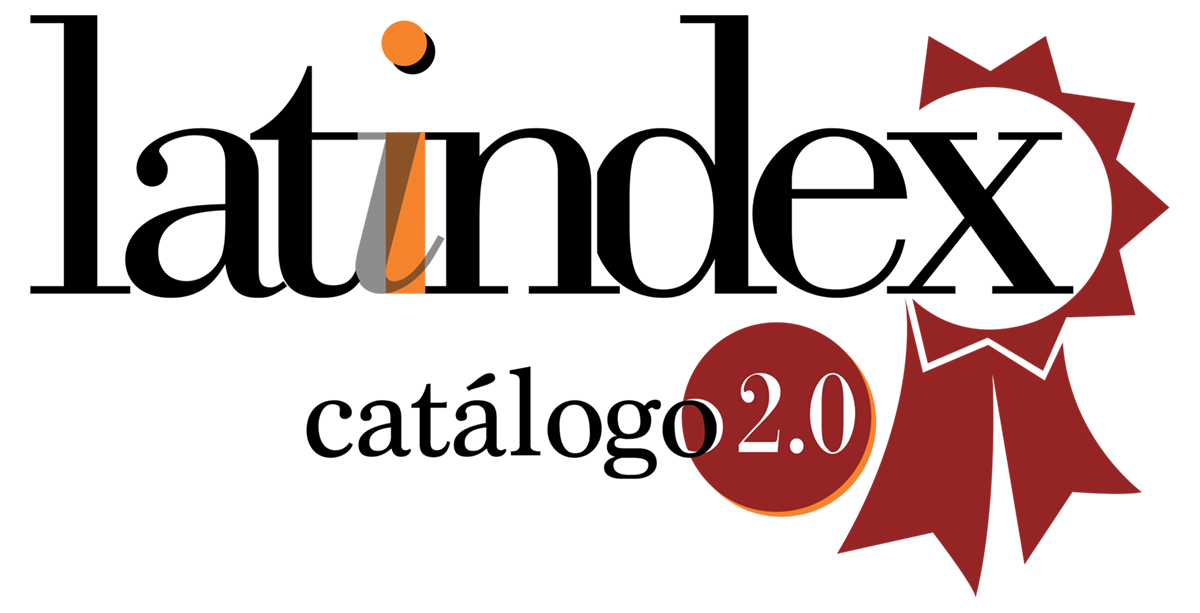Fernando Glenza: «Food Sovereignty Allows Us Be Sovereign in the Possibility of Getting Our Own Food»
DOI:
https://doi.org/10.24215/18529569e022Keywords:
food sovereignty, university extension, public policyAbstract
In this interview, the coordinator of the Free Chair of Food Sovereignty of the Universidad Nacional de La Plata (UNLP), Fernando Glenza, describes the work carried out with other organizations and reflects on the challenges of university extension in the visibility of food sovereignty
Downloads
Additional Files
Published
How to Cite
Issue
Section
License
Copyright (c) 2020 Malena Escalante Sánchez, José Ariel Giménez, Jimena Espinoza

This work is licensed under a Creative Commons Attribution-NonCommercial-ShareAlike 4.0 International License.
The acceptance of an original by the journal implies the non-exclusive transfer of the patrimonial rights of the authors in favor of the publisher, who allows the reuse, after its edition (postprint), under a Creative Commons License Attribution-NonCommercial-ShareAlike 4.0 International.
According to these terms, the material can be shared (copy and redistribute in any medium or format) and adapted (remix, transform and create another work from the material), provided that a) the authorship and the original source of their publication (magazine and URL of the work) are cited, b) is not used for commercial purposes and c) the same terms of the license are maintained.
The assignment of non-exclusive rights implies that after postprint in Extensión en red authors may publish their work in any language, media and format; in that case, it is requested that they signal that the material was originally published by this journal.
Assignment also entails the authors’ authorization for the work to be collected by SEDICI, the institutional repository of the Universidad Nacional de La Plata, and for it to be indexed in the databases that the publisher thinks appropriate for enhancing the visibility of the published work and its authors.
In addition, the journal encourages authors to submit their works to other institutional and thematic repositories after their publication in Extensión en red, under the assumption that offering society unrestricted access to scientific and academic production contributes to a greater exchange in global knowledge.








.jpg)

.png)


.png)





















